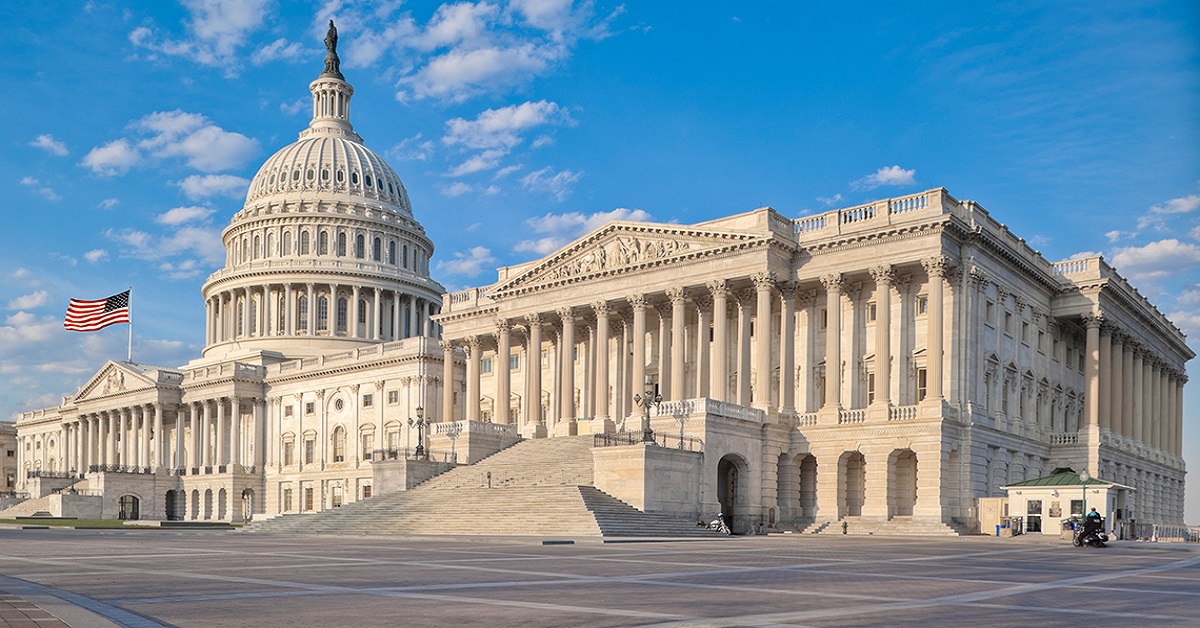
What will happen if the two opposite sides cannot come to a unified decision? That too on the nation’s budget and its polices?
Much of the federal government officially shut down early Saturday morning after Senate Democrats, showing remarkable solidarity in the face of a clear political danger, blocked consideration of a stopgap spending measure to keep the government operating.
But senators from both parties were scrambling for a new deal to reopen the government quickly, possibly just hours after the midnight deadline passed.
With just 50 senators voting in favor, Senate Republican leaders fell well short of the 60 votes necessary to proceed on the spending measure, which had passed the House on Thursday. Five conservative state Democrats voted for the spending measure. Five Republicans voted against it, although one of those, Senator Mitch McConnell of Kentucky, the majority leader, did so for procedural reasons.
As the clock ticked toward midnight, when funding for the government was set to expire, senators huddled on the floor of the crowded Senate chamber, searching for some way forward.
But lawmakers simply ran out of time. The government shutdown was one year to the day after President Trump took office.
Minutes before the midnight deadline expired, the White House press secretary, Sarah Huckabee Sanders, delivered a statement on Twitter blaming Senate Democrats for she called the “Schumer Shutdown.”
Official White House statement on #SchumerShutdown pic.twitter.com/2PiPz2rJ3J
— Sarah Sanders (@PressSec) January 20, 2018
Democrats countered that Republicans were responsible for the management of a government in their control.
“A Republican president occupies the White House, and Republicans hold the majority in both the House of Representatives and the Senate,” said Representative Nita Lowey, Democrat of New York. “It is outrageous that, even with unified control of government, the majority could not chart a course toward keeping the government open, the most basic responsibility of Congress.”
The Senate’s vote, late Friday night, came after a day of budget brinkmanship in Washington that included a last-minute negotiating session between Mr. Trump and Senator Chuck Schumer of New York, the Democratic leader. The 90-minute meeting produced progress, both men said, but no deal. Just hours later, it appeared to collapse.
The House-passed bill would fund government operations through Feb. 16, and extend funding by six years for the popular Children’s Health Insurance Program, a provision intended to secure Democratic votes.
But Democrats were seeking concessions on other priorities, such as protecting young undocumented immigrants from deportation, increasing domestic spending, securing disaster aid for Puerto Rico and bolstering the government’s response to the opioid epidemic.
Federal agencies had prepared for the shutdown; on Thursday night, officials at the White House Office of Management and Budget instructed federal agency leaders to give their employees informal notice of who would be furloughed and who would not if funding lapsed.
Formal notifications are to be given as early as Saturday morning, budget office officials said, insisting on anonymity to brief reporters about the details of what the White House called “lapse planning and shutdown operations.”
More than one million active-duty military personnel will serve with no lapse, they said, but could not be paid until the shutdown ends.
Agencies like the Energy Department that have funding that is not subject to annual appropriations can use that money to stay open, the officials said, and the administration is encouraging them to do so. Most mandatory programs — entitlements such as Social Security that are automatically funded rather than subject to congressional appropriations — can continue without disruption.

Post Your Comments